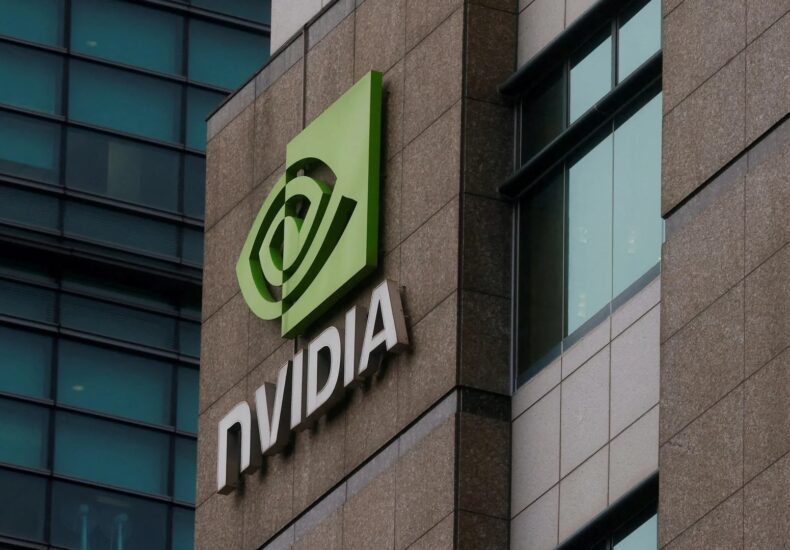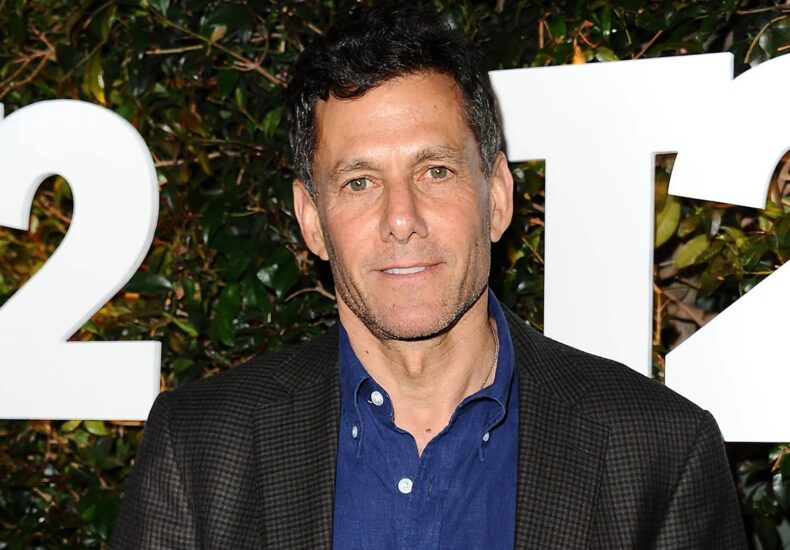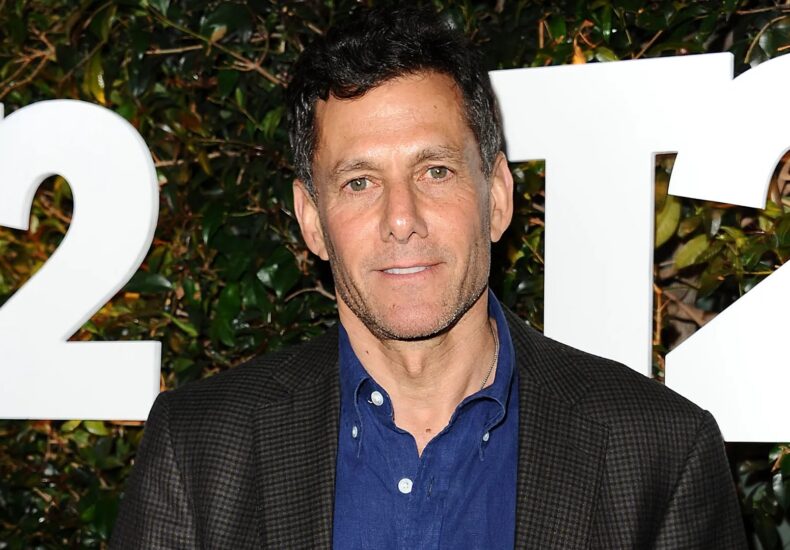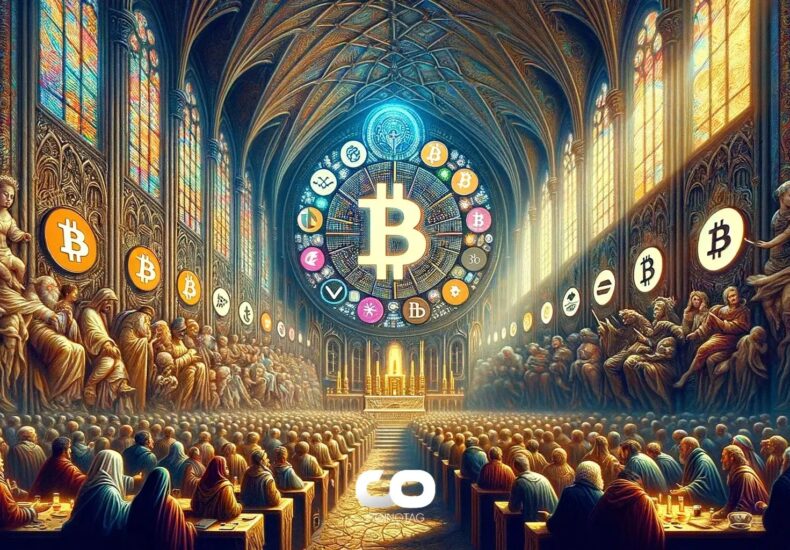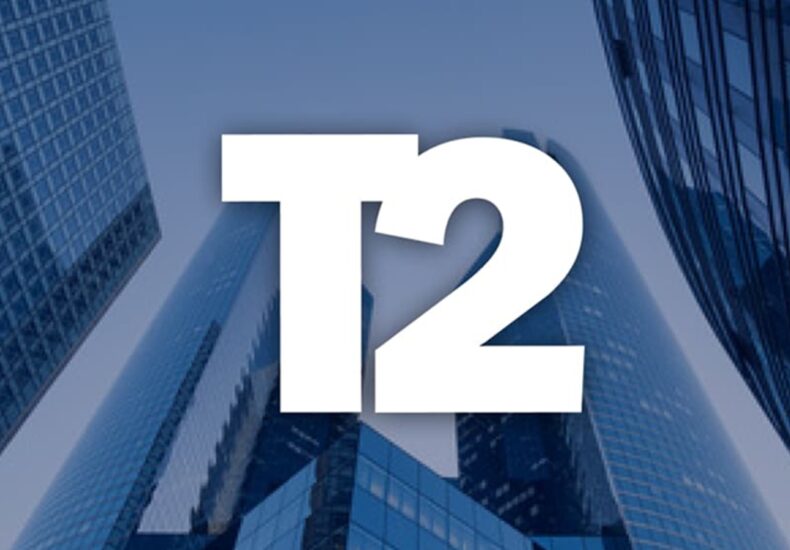Category: economy
TON Integrates With Uquid to Power Fast and Low-Cost Crypto Shopping
The post TON Integrates With Uquid to Power Fast and Low-Cost Crypto Shopping appeared on BitcoinEthereumNews.com. Uquid announced TON Blockchain as one of the key chains during Web3 Shopping Day. The program underlines the fact that TON can facilitate real-world and online payments of crypto over millions of products. Uquid reiterated that TON conforms to the mission and vision of the platform to enable global consumers to make digital purchases in a seamless, quick and convenient manner. Uquid is proud to present TON Blockchain as one of the major blockchains in #Web3ShoppingDay. @ton_blockchain is building the next generation of Web3. Fast, scalable, and mobile-native. Designed for mass adoption, TON brings blockchain directly into everyday apps like Telegram,… pic.twitter.com/OTxrUP3QAr — UQUID – Web3 Shopping Infrastructure (@uquidcard) December 4, 2025 The Open Network, or TON, is a protocol that allows making Web3 payments within popular applications, like Telegram. This solution allows individuals to send funds and do shopping with crypto as easily as sending a message. The promotion introduces the use of Web3 transactions into the mainstream usage, with a unique discount on purchase made using USDT on TON. Fast And Scalable Payments Across 178 Million Products Uquid offers a huge shopping environment which has over 178 million products and is backed by 50+ payment options and 100+ tokens. TON currently constitutes a component of such infrastructure. It includes mobile-native usage, which is significant at a time when the majority of Web3 shoppers search, browse, and check out via their smartphones. TON payments are reputed to be quick, cheap and dependable. These features will contribute to digital lifestyles, such as mobile top-ups, gaming codes, subscriptions, and physical goods delivered all over the world. Uquid also clarified that shoppers should be able to pay directly and instantly through TON on its websites and within the Telegram shopping environment. It leads to the creation of a Web-friendly checkout process. Customers…
Explained: the EIC advanced innovation challenges pilot
The EIC call could support the development of personal robot assistants. Photo credits: pasiphae / BigStock The European Innovation Council (EIC) has provided more details about what to expect from its pilot advanced innovation challenges, a new staged funding instrument based on the US Advanced Research Projects Agency (ARPA) model. The EIC wants to.
NVIDIA (NVDA) Q3 FY26 earnings results beat revenue and EPS expectations
NVIDIA (NVDA) Q3 FY26 earnings results beat revenue and EPS expectations
Inside Eindhoven’s microchip innovation machine
Researchers working in TU/e’s Nanolab cleanroom. Photo credits: Bart van Overbeeke Photography The Dutch city of Eindhoven has established itself as an essential hub in the global semiconductor industry. The world’s most advanced chips could not be manufactured without local firm ASML’s extreme ultraviolet lithography machines, while companies such as NXP are designing.
Take-Two CEO Strauss Zelnik says consoles aren’t going away, but PC is growing
Take-Two CEO Strauss Zelnik says consoles aren’t going away, but PC is growing
Take-Two CEO Strauss Zelnik says consoles aren’t going away, but PC is growing
Take-Two CEO Strauss Zelnik says consoles aren’t going away, but PC is growing
Softbank dumped its entire NVIDIA (NVDA) stake for $5.83 billion in October 2025
Softbank dumped its entire NVIDIA (NVDA) stake for $5.83 billion in October 2025
Horizon Europe applications are skyrocketing. Is AI to blame?
Photo credits: artiemedvedev / BigStock Horizon Europe has been bombarded with applications this year, with success rates for some calls falling as low as 2%. National research funders are experiencing similar pressures. For Christina Egelund, Denmark’s higher education and science.
Japan’s FSA Proposes Tighter Crypto Lending and IEO Rules to Safeguard Investors
The post Japan’s FSA Proposes Tighter Crypto Lending and IEO Rules to Safeguard Investors appeared com. COINOTAG recommends • Exchange signup 💹 Trade with pro tools Fast execution, robust charts, clean risk controls. 👉 Open account → COINOTAG recommends • Exchange signup 🚀 Smooth orders, clear control Advanced order types and market depth in one view. 👉 Create account → COINOTAG recommends • Exchange signup 📈 Clarity in volatile markets Plan entries & exits, manage positions with discipline. 👉 Sign up → COINOTAG recommends • Exchange signup ⚡ Speed, depth, reliability Execute confidently when timing matters. 👉 Open account → COINOTAG recommends • Exchange signup 🧭 A focused workflow for traders Alerts, watchlists, and a repeatable process. 👉 Get started → COINOTAG recommends • Exchange signup ✅ Data‑driven decisions Focus on process-not noise. 👉 Sign up → Japan’s Financial Services Agency (FSA) is introducing stricter crypto regulations to safeguard investors by regulating crypto lending under the Financial Instruments and Exchange Act and imposing caps on Initial Exchange Offerings (IEOs). These measures address risks like inadequate disclosures and overinvestment, with implementation targeted for 2026. Crypto lending operations will require registration and robust risk management to close existing loopholes for unregistered businesses. The regulations aim to ensure secure custody of assets and clear communication of price fluctuation and credit risks to users. IEO investment limits, such as capping individual purchases at 500, 000 Yen for most cases, will prevent excessive exposure in crowdfunding scenarios, based on historical data from domestic offerings. Japan’s crypto regulations are evolving with FSA’s new rules on lending and IEOs to protect investors from high risks. Learn how these changes under the Financial Instruments Act will reshape the market by 2026-stay ahead with expert insights. What are Japan’s New Crypto Regulations? Japan’s crypto regulations focus on enhancing investor protection by subjecting crypto lending to stricter oversight under the Financial Instruments and Exchange Act, shifting from.
Listen to the Take-Two Interactive (TTWO) Q2 2026 Earnings Call here
Listen to the Take-Two Interactive (TTWO) Q2 2026 Earnings Call here
 The New York Times
The New York Times
- Department of Homeland Security Shuts Down, Though Essential Work Continues 2026 年 2 月 14 日 Madeleine Ngo
- Casey Wasserman Will Sell Entertainment Agency Amid Epstein Files Fallout 2026 年 2 月 14 日 Shawn Hubler, Ben Sisario and Emmanuel Morgan
- New Research Absolves the Woman Blamed for a Dynasty’s Ruin 2026 年 2 月 14 日 Andrew Higgins
- How China Built a Chip Industry, and Why It’s Still Not Enough 2026 年 2 月 14 日 Meaghan Tobin
- ’The Interview’: Gisèle Pelicot Shares Her Story 2026 年 2 月 14 日 Lulu Garcia-Navarro
- Ramping Up Election Attacks, Trump Does Not Let Reality Get in His Way 2026 年 2 月 14 日 Katie Rogers
- Consultants Offered Epstein Access to Top N.Y. Democrats if He Donated 2026 年 2 月 14 日 Jay Root and Bianca Pallaro
- ICE Agents Menaced Minnesota Protesters at Their Homes, Filings Say 2026 年 2 月 14 日 Jonah E. Bromwich
- Trump Administration Tells Judge It Will Release Gateway Funding 2026 年 2 月 13 日 Patrick McGeehan
- Florida Couple Arrested After Pickleball Match Turns Into a Brawl 2026 年 2 月 13 日 Neil Vigdor


